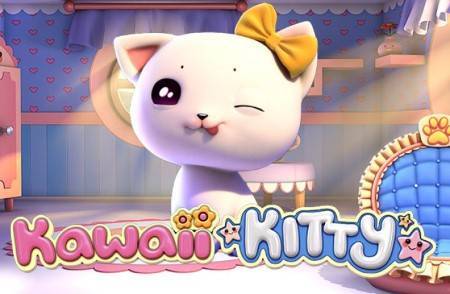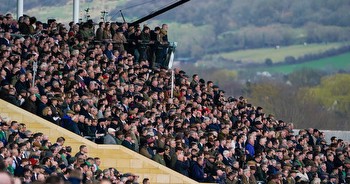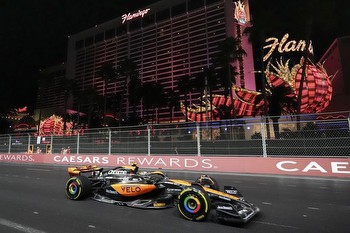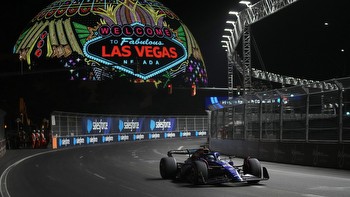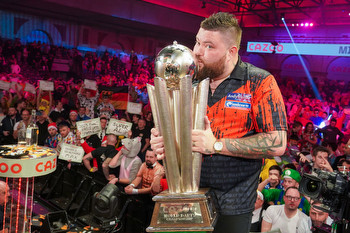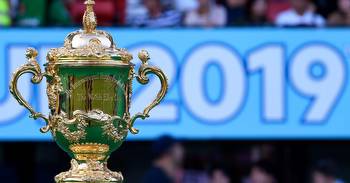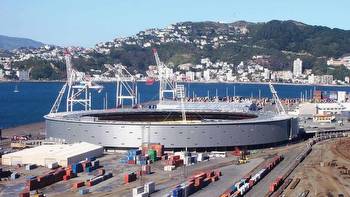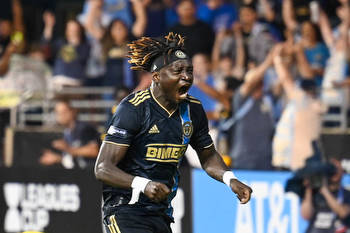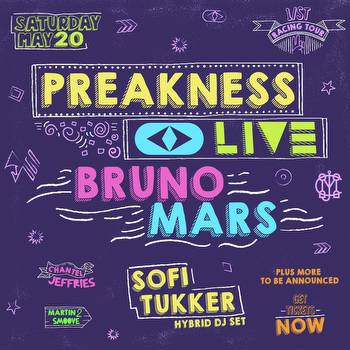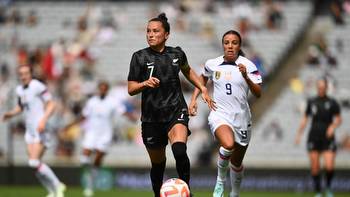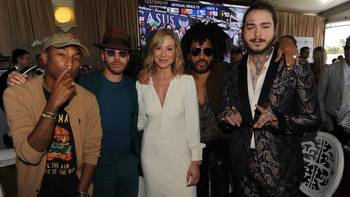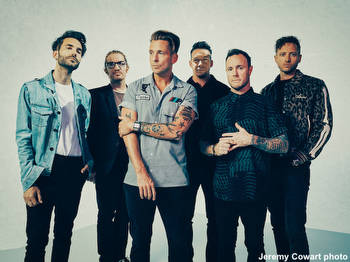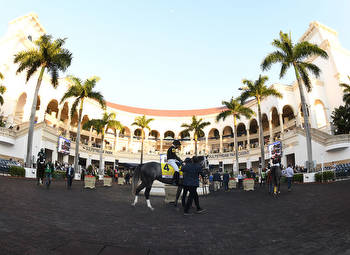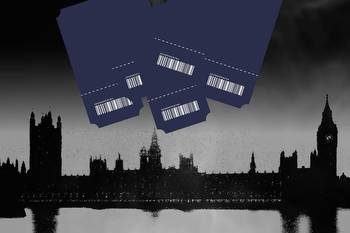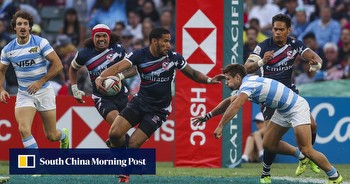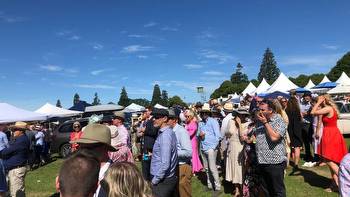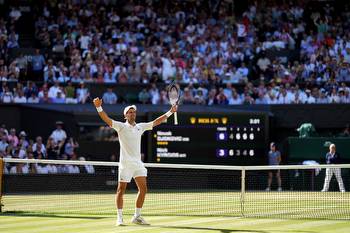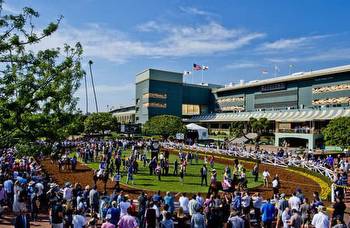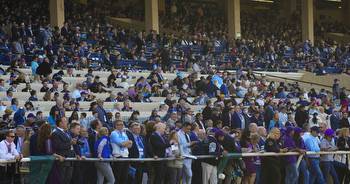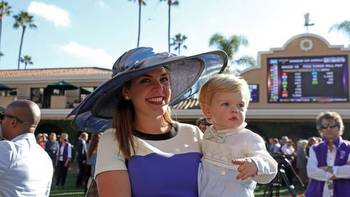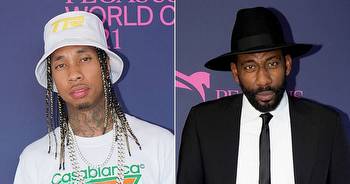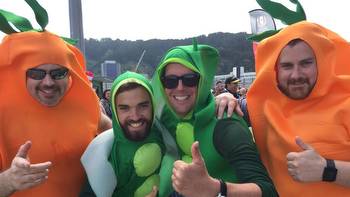From top shelf to bottom drawer: the demise of the Wellington Sevens
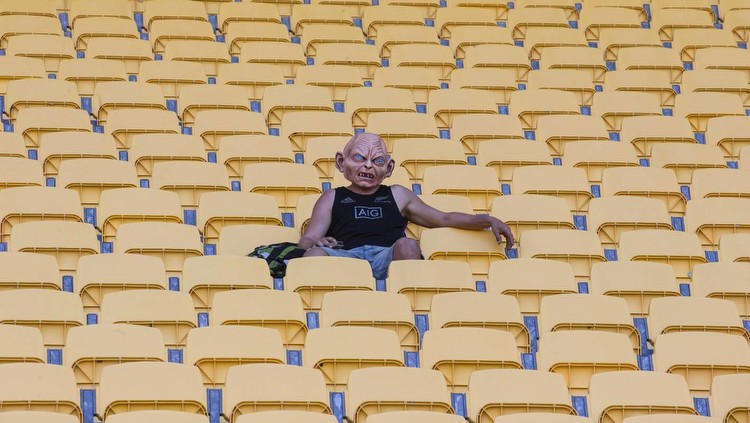
The cache of communications outline the desperate measures taken by city officials and licence-holders New Zealand Rugby (NZR) to save the January tournament already in the death throes.
It has been revealed World Rugby had given NZR written confirmation a third global sponsor would pick up almost three-quarters of the tournament fee, but the deal fell at the final hurdle. Sponsorship talks with Qatar Airways late last year also failed.
A month out from the 2017 event, Wellington Regional Economic Development Agency (Wreda) staffer was asked to "discreetly" shift as many as 5000 complimentary tickets to hotels and partners to "assist the look and feel" of Westpac Stadium - just 17,787 people attended across both days.
The event had also become "almost toxic" to local businesses, who felt NZR had shut them out of tournament planning, while failing to enlist a big name musical act also hurt.
While publishing this detail won't bring the Sevens back, it goes some way to establishing what went wrong - and comes after a lengthy battle for the documents.
legally requested the Wellington City Council emails on January 18, but it took two complaints to the Ombudsman before any were released this month.
The council, however, refused to say how much ratepayer money was invested citing commercial sensitivity.
The annual Sevens - which had an estimated global audience of 1.47 million - was long considered the golden goose of the capital's summer events calendar.
But attendance flatlined this year, leaving about 70 per cent seats empty.
Floundering interest from the local rugby fraternity meant less than 2000 of the 69,000 tickets (34,500-seat capacity) had been sold by late November. Yet a financial report showed almost 5000 complimentary tickets had already been allocated.
The need for a 'momentum changer' was raised to help create an image of ticket 'scarcity' - particularly in Wellington marketplace.
Bundling tickets with Lions and Hurricanes matches had limited success, as officials struggled 'to cut through the negativity of the last few years and sell tickets'.
New Zealand Sevens general manager Steve Dunbar wouldn't reveal how many free tickets were dished out, but said it was no more than other years.
Dunbar was also reluctant to say whether failed sponsorship negotiations had impacted on the tournament's viability in the capital.
"Some [companies] sign up and some don't. However, these discussions are private and commercial, and we don't want to comment on them publicly," a statement read.
There was evidence local businesses had also become disillusioned by NZR's "failure to engage".
First Retail Group managing director Chris Wilkinson said NZR's approach was at odds with Wellington's "open way of doing business" and the event became "almost toxic".
"There were some really strong conversations and then, all of a sudden, things started to clamp up. There was attendance at early meetings, but then attendance stopped," Wilkinson said.
In September, Hospitality New Zealand vice-president Jeremy Smith asked, "are we ever going to sit down with NZR"?
"Do we, as the hospitality sector, sit back and hope for the best, or do we make one last attempt at getting involved?"
Last week, Smith said there was "a level of frustration ... driven partly by the fact NZR had taken ownership of the event" and the perception the national sports body didn't want outside input.
"I think a number of groups had reached the point where they weren't convinced the event was salvageable in Wellington," Smith said.
November emails show Dunbar recognised tensions existed and cautioned NZR representatives about inflaming conversations with retailers.
But just days ago, Dunbar "had nothing but praise" for all those involved, including the hospitality industry.
"We did everything we could to make the tournament a success," he said.
Organisers were eager to sign up a big international act to underpin its entertainment offering - the musical wishlist included Sia, Jessie J, Fifth Harmony, Iggy Azalea and Flume.
"For example, not a local/NZ reality TV artist and one that is well-known by the majority," a WREDA staffer wrote.
Getting Flight of the Conchords stars Jemaine Clement and Bret McKenzie as MCs and commentators was also mooted.
But with a budget of $85,000, options were limited.
Instead of international superstars, last year's winners of The Block, Sam Cable and Emmett Vallender, were appointed sevens ambassadors and the music lineup was headlined by Nesian Mystik.
A competition to give away corporate-box seats was also put forward, as they "were no longer in demand."
"As part of our normal planning, a range of entertainment ideas were tossed around, some were implemented and some weren't," Dunbar said.
He denied suggestions the decision to axe Wellington as host was made before the January tournament.
"The decision to move to Hamilton was made following the [2017] review, with agreement from our Wellington partners.
"The wisdom of that decision ... has already been proven with Hamilton being virtually sold out."
- Fewer than 18,000 spectators attended over two days
- New Zealand Rugby was told a third global partner would cover 72 per cent of the tournament fee, but deal collapsed
- Organisers struggled to 'cut through negativity' of recent years and sell tickets
- In late November, 4888 complimentary tickets were allocated, with just 1971 sold
- The level of ratepayer investment was withheld by Wellington City Council
- Failed to get international music superstar to beef up entertainment offering
